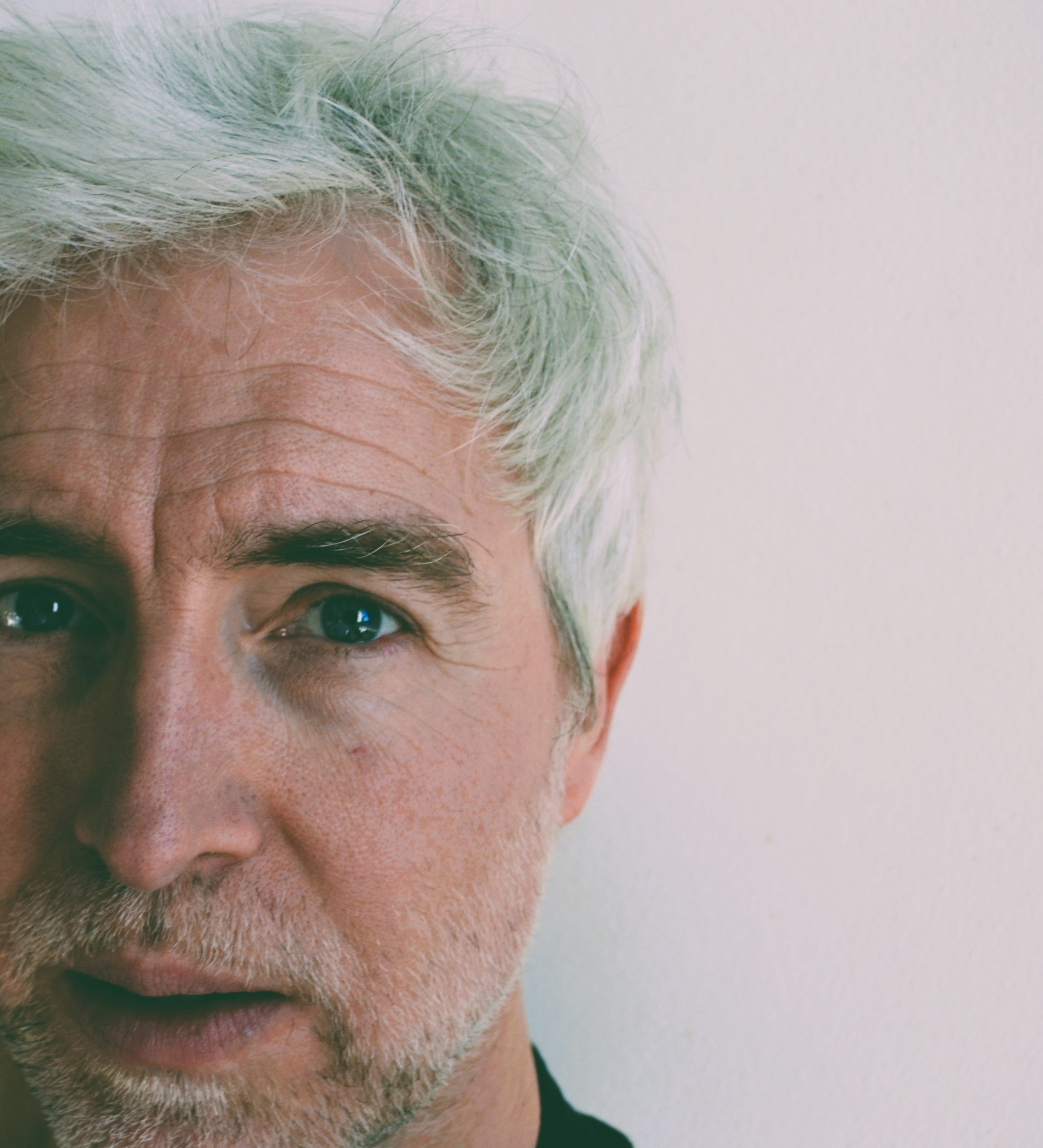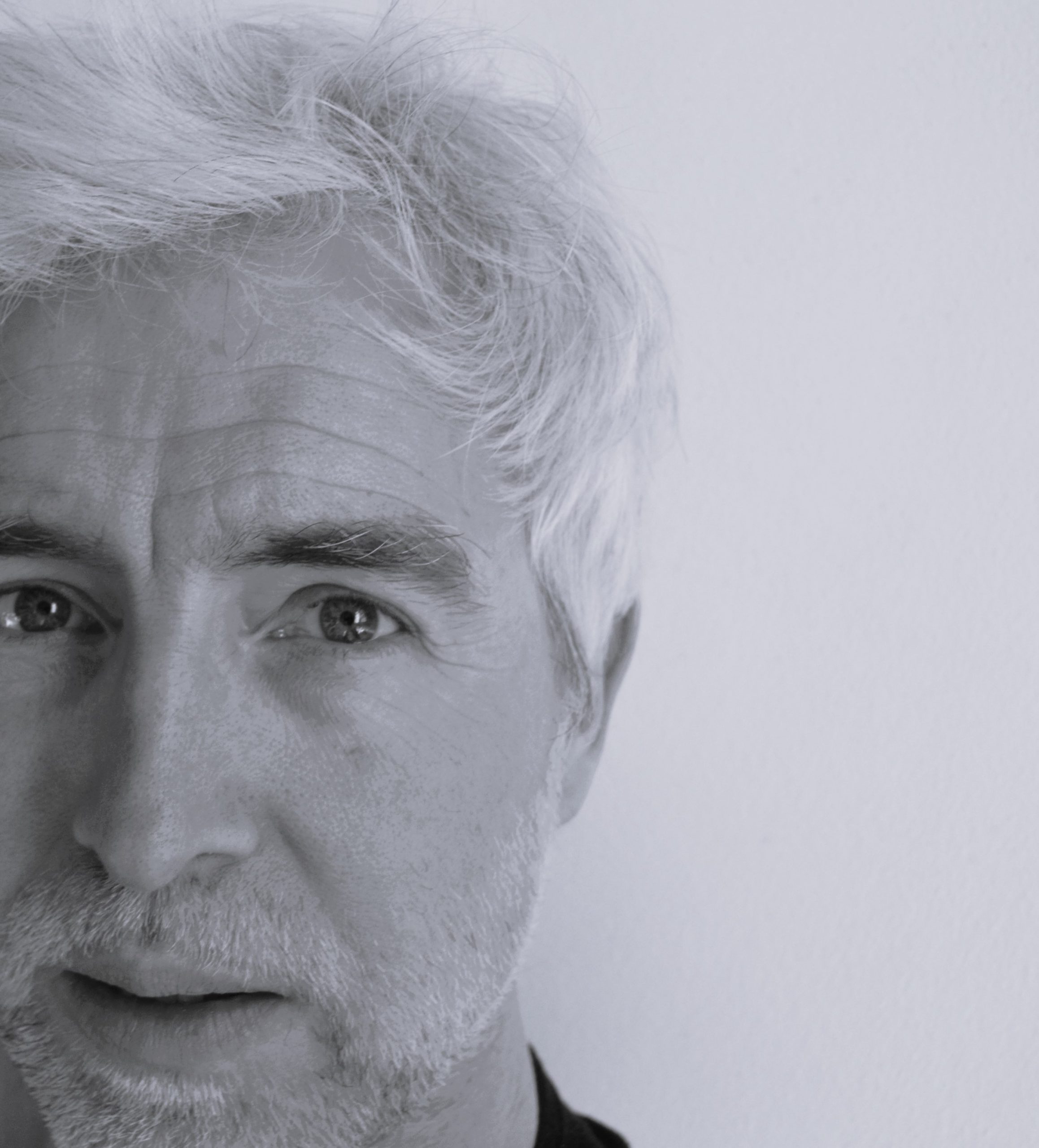Swedish pianist and composer Carl Liungman has unveiled his third solo piano album titled Change, a deeply personal and evocative collection of nine original pieces. Blending classical piano virtuosity with the ambient and emotive tones of New Age music, Liungman’s latest work invites listeners to reflect on the themes of loss, transformation, and hope. Released digitally through Caliu Piano, Change showcases Liungman’s signature style and represents a profound expression of his inner world during a time of significant upheaval.

At the heart of Change lies a narrative of personal and global transitions. The album was born from Liungman’s experiences with the inevitable decline of his elderly parents and the broader sense of turmoil and uncertainty that defines the modern world. Yet, despite its grounding in grief and change, Change also offers an abundance of love and hope, making it as uplifting as it is introspective.
Liungman’s music has always been marked by its ability to blend deep emotion with technical skill, and Change is no exception. Each piece on the album tells a story, exploring the tensions between endings and new beginnings. The piano compositions speak to both personal loss and the larger, collective changes we experience in the world today.
Change was recorded live in a concert hall at the Malmö Art Museum in May 2024, capturing the pure, resonant sound of a Steinway grand piano. The acoustics of the concert hall bring a bright, classical clarity to the music, immersing listeners in Liungman’s melodies and dynamic expression. This choice of venue contrasts with Liungman’s previous album Born(2020), which was recorded on a Fazioli grand piano in ABBA co-founder Benny Andersson’s studio in Stockholm. While Born was energetic and celebratory, Change is more contemplative, offering a nuanced reflection on life’s transformations.

Liungman draws inspiration from a range of musical influences, including contemporary composers like Arvo Pärt, Riopy, Hans Zimmer, Nils Frahm, and jazz icon Keith Jarrett. This eclectic blend of classical and modern sounds gives Change its unique character. Each piece seamlessly weaves together the precision of classical piano with the emotional depth and atmospheric qualities of New Age music.
The nine compositions on Change unfold like chapters in a book, each offering a different perspective on the album’s central themes. Liungman’s ability to convey complex emotions through solo piano shines throughout the album. Pieces like “Loss” and “New Beginnings” directly address the album’s overarching themes, using delicate melodies and dynamic contrasts to express grief and renewal.
Tracks such as “Dawn” and “Echoes of Love” evoke feelings of hope, as Liungman’s gentle yet powerful touch on the keys draws listeners into an emotional landscape that resonates with anyone who has faced personal transformation. The music is not only a reflection of Liungman’s own experiences but also serves as a universal exploration of the human condition.
Change was produced by Carl Granberg, a long-time collaborator of Liungman’s, known for his ability to highlight the purity of acoustic performances. Granberg’s production ensures that the nuances of Liungman’s playing are brought to the forefront, making the listener feel as if they are sitting in the concert hall with him. The live nature of the recording adds an extra layer of intimacy and immediacy to the album, with the piano’s natural resonance captured beautifully in the space of the Malmö Art Museum.

Change has already garnered positive reviews, with critics praising the emotional depth and technical precision of the album. MainlyPiano.com lauds the album as possibly Liungman’s best work to date, stating, “Overflowing with passion, the music goes in many different directions, but always stays cohesive and seamless.” This praise highlights Liungman’s ability to balance complexity and accessibility, making Change a work that appeals to both seasoned classical music enthusiasts and those new to piano music.
Other reviewers have noted the distinct presence Liungman’s music holds. Lizzie Taypen, a UK-based artist, remarked, “His music has such a tremendous presence,” while Canadian pianist Milana Zilnik complimented Liungman’s “fabulous technique” and “wonderful dynamics.” These endorsements underscore the emotional and technical mastery that defines Change.
While Change is rooted in solo piano performance, Carl Liungman’s musical versatility extends far beyond this genre. In addition to his solo releases, Liungman has composed chamber music, jazz, and pop for theater, short films, art exhibitions, and poetry projects. His background in classical studies, jazz piano, and songwriting informs his diverse musical output, enriching his work with layers of complexity and cross-genre influences.
Despite his broad compositional range, Liungman’s solo piano work remains the core of his artistic expression. His ability to combine the rigorous demands of classical music with the emotional and atmospheric qualities of New Age music gives his piano compositions their distinctive character.
What sets Change apart from Liungman’s previous albums is its focus on life’s impermanence and the emotional landscape of change. The album reflects a world in flux, where personal grief intertwines with societal upheaval. Yet, Liungman’s music never falls into despair. Instead, it offers a path through these challenges, finding moments of beauty and hope even in the midst of loss.
As Liungman himself explains, the symbolism behind Change runs deep. The album cover, much like the music within, speaks to the idea of life’s continuous ebb and flow. While the world may be marked by uncertainty and change, there is always room for new beginnings, and it is this sense of possibility that permeates the album.
Change is a remarkable and deeply personal album from Carl Liungman, blending technical mastery with emotional depth. Recorded live on a Steinway grand piano, the album offers a bright, classical sound that is both intimate and expansive. With its themes of loss and renewal, Change is a timely reflection on the human experience, offering solace, reflection, and hope. Whether you are familiar with Liungman’s previous works or discovering his music for the first time, Change is an album that will leave a lasting impression, touching the heart and mind in equal measure. As Liungman continues to explore new musical directions, Change stands as a testament to his ability to capture the complexity of life through the power of solo piano.
Connect with CARL LIUNGMAN on
